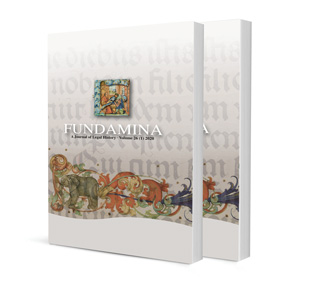The Historical Application of Command Responsibility as Basis for Prosecuting Sexual Violence Crimes Under International Criminal Law: The Post-World War II Criminal Tribunals to Rome

The Historical Application of Command Responsibility as Basis for Prosecuting Sexual Violence Crimes Under International Criminal Law: The Post-World War II Criminal Tribunals to Rome
Author Brenda Akia
ISSN: 2411-7870
Affiliations: LLB (Makere) LLM (Humboldt/UWC) LLD (Pret). Member of the UN CEDAW Committee
Source: Fundamina, Volume 29 Issue 2, p. 1-32
https://doi.org/10.47348/FUND/v29/i2a1
Abstract
The principle of command responsibility places a legal obligation on military commanders or civilian superiors to take reasonable and necessary steps to prevent and suppress commission of crimes, including sexual violence crimes by persons under their command, or to report to competent authorities if the crimes are committed. This contribution provides a historical analysis of the evolution of the codification and adjudication of command responsibility and its application to prosecute sexual violence crimes under international criminal law. Examining this historical evolution aims to provide legal practitioners with a clear understanding of how the doctrine of command responsibility found its way into contemporary international criminal law treaties, such as the Rome Statute of the International Criminal Court. This will assist legal practitioners to successfully apply command responsibility to prosecute sexual violence crimes and to better understand the interplay between international criminal law and international humanitarian law.